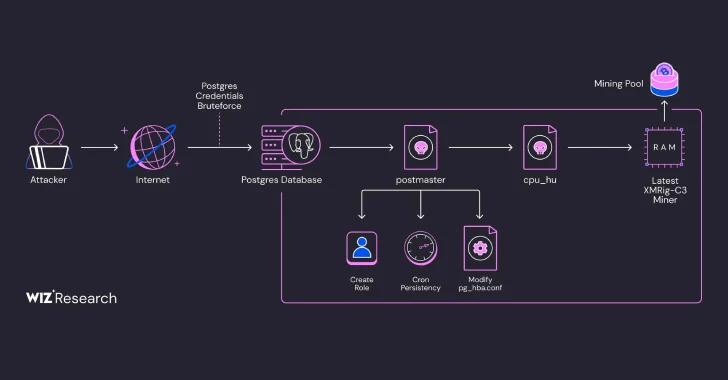North Korea’s Lazarus Group Targets Cryptocurrency Job Seekers
The “ClickFake Interview” Campaign: North Korea’s Lazarus Group has launched a sophisticated cyber campaign targeting cryptocurrency job seekers with fake interviews. This operation, known as the “ClickFake Interview” campaign, uses social engineering tactics to trick victims into installing malware. The attackers post fake job listings on platforms like LinkedIn and then engage potential candidates in convincing interview processes. During these interactions, victims are deceived into opening malicious documents or clicking on compromised links, leading to malware infections.
The Malware: “ClickFix”
The malware used in these attacks is called “ClickFix”, which allows hackers to gain remote access to the victim’s system. Once inside, they can steal sensitive data, including cryptocurrency wallet credentials. This campaign is part of Lazarus’s ongoing strategy to target financial institutions and cryptocurrency entities, funding the North Korean regime.
Recent Attacks and Tactics
In recent months, Lazarus has stolen significant amounts of cryptocurrency. For instance, in March 2025, they stole $1.5 billion from the UAE-based crypto exchange Bybit. Their tactics have evolved over time, incorporating sophisticated deception techniques. They not only impersonate recruiters but also set up fake interview websites that appear genuine. These sites often mimic real companies like Coinbase and KuCoin, adding to their credibility.
The Role of Social Engineering
Such attacks highlight the growing use of social engineering in cybercrimes. The ClickFix technique, in particular, exploits users by presenting fake error messages that prompt them to execute malicious commands. This approach bypasses security software by relying on human action rather than automated malware downloads. As cybersecurity expert Ryan Slaney notes, “attackers are always crafting new methods to bypass security measures and exploit human behavior.” This method has been observed across various industries, emphasizing the need for increased vigilance.
Broader Implications
Beyond the technical aspects, these attacks reveal broader societal and economic implications. The ability of North Korean hackers to target global finance systems underscores the evolving threats in the digital age. Moreover, the expansion of these operations into Europe, as reported by Google’s Threat Intelligence Group, shows that no region is immune to such threats.
A Call for Enhanced Cybersecurity Measures
Looking to the future, it’s clear that cybersecurity must adapt faster to keep pace with these sophisticated phishing attacks. As Field Effect’s Ryan Slaney puts it, “ClickFix attacks are a rising threat,” indicating a need for more effective strategies to protect against social engineering tactics. This includes educating users about the risks of interactions that seem too good—or too urgent—to be true. As technology advances, so too must our understanding of its vulnerabilities, ensuring a safer digital landscape for all users.
For more on emerging threats and advancements in cybersecurity, visit our Epochedge news and Epochedge technology sections.









